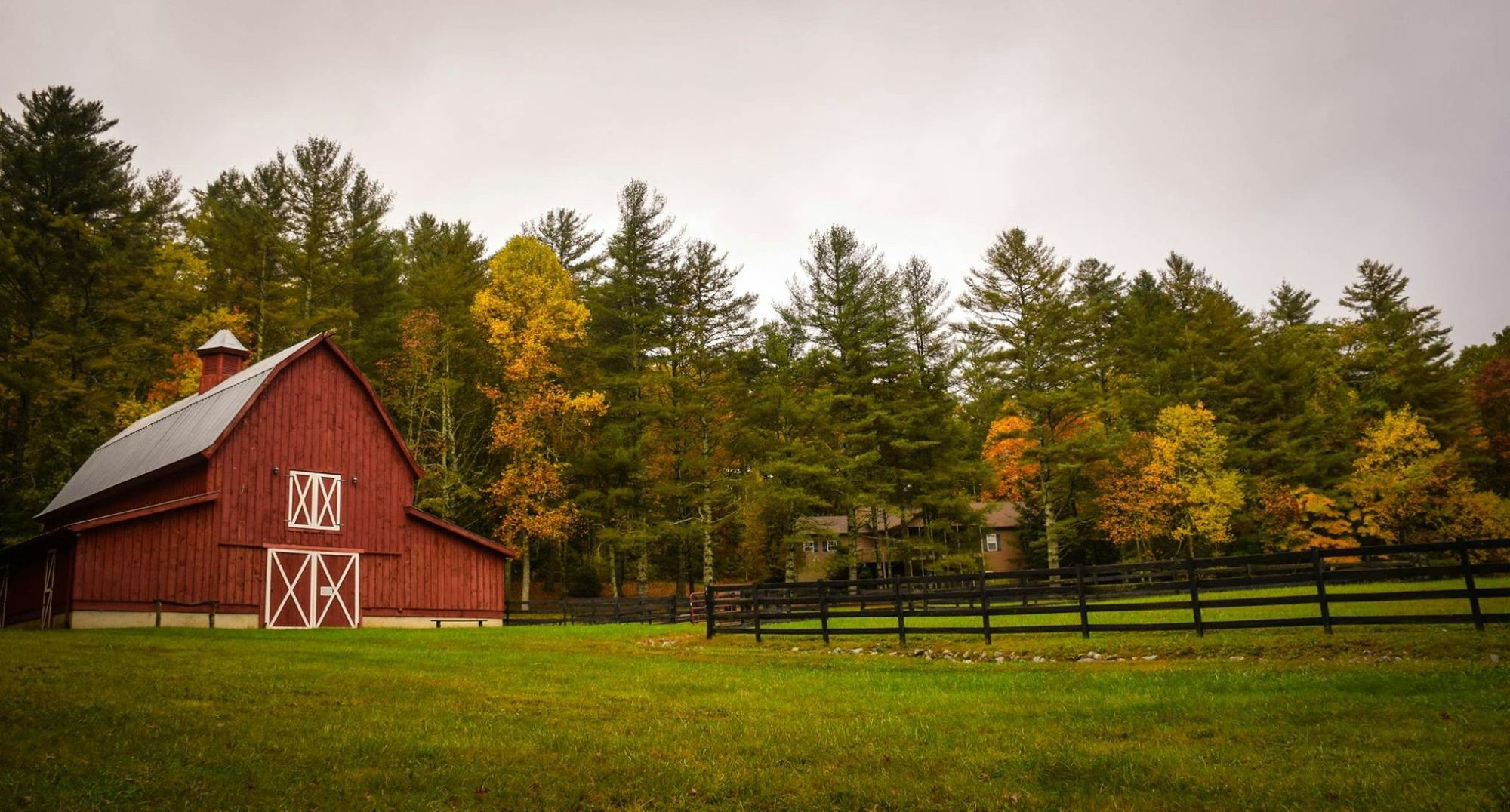When the Deceased Owned a Farm and Livestock in Canada: Responsibilities for the Executor

The passing of a loved one is always a challenging and emotional time, but when the deceased owned a farm and livestock in Canada, the complexities of managing their affairs can be particularly daunting. As the executor of the estate, you are tasked with handling a myriad of legal, financial, and practical responsibilities related to the farm and its assets.
In this guide, we'll explore what happens when someone who dies in Canada owned a farm and livestock, outlining the essential steps and considerations for the executor.
Understanding the Situation
When a person who owned a farm and livestock in Canada passes away, the executor of the estate faces unique challenges and responsibilities. From managing agricultural operations to handling property and livestock, there are numerous tasks that must be addressed to ensure the orderly administration of the estate.
Legal and Administrative Procedures
Probate and Estate Administration: The first step for the executor is to initiate the probate process and obtain legal authority to manage the deceased's affairs. This may involve applying for probate in the appropriate court and obtaining a Certificate of Appointment of Estate Trustee.
Identification of Assets: The executor must identify and assess all assets owned by the deceased, including the farm property, buildings, equipment, and livestock. This may require conducting a thorough inventory and appraisal of the farm assets.
Notification of Authorities: It's important to notify the relevant authorities, such as municipal or provincial agricultural departments, of the owner's passing and transfer of ownership of the farm property and livestock. This ensures compliance with regulatory requirements and facilitates the smooth transition of ownership.
Transfer of Ownership: Depending on the deceased's estate plan and the wishes of the beneficiaries, ownership of the farm property and livestock may need to be transferred to heirs or beneficiaries. This may involve legal documentation, such as deeds of conveyance or assignment, to effect the transfer of ownership.
Financial and Tax Considerations
Valuation of Assets: The executor must determine the value of the farm property, buildings, equipment, and livestock for estate administration purposes. This may require obtaining appraisals or valuations from qualified professionals to establish fair market values.
Capital Gains Tax: The disposition of farm assets may trigger capital gains tax implications, depending on factors such as the increase in value since acquisition and the deceased's tax status. It's essential to consult with tax professionals to understand the tax implications and obligations associated with the sale or transfer of farm assets.
Farm Income and Expenses: The executor is responsible for managing the farm's financial affairs, including collecting income from agricultural operations, paying expenses such as utilities and maintenance, and keeping accurate records for tax purposes.
Operational Considerations
Continuation of Farm Operations: The executor must decide whether to continue operating the farm or to wind down operations. Factors to consider include the wishes of the deceased, the financial viability of the farm, and the interests and abilities of the beneficiaries.
Maintenance and Upkeep: Regardless of whether the farm continues operating, the executor is responsible for maintaining and preserving the farm property, buildings, and equipment. This may involve hiring contractors, performing repairs, and implementing maintenance schedules.
Care of Livestock: If the farm includes livestock, the executor must ensure that the animals are properly cared for and provided with food, water, and shelter. This may require arranging for the sale, relocation, or disposition of the livestock, depending on the farm's future plans.
Environmental and Regulatory Considerations
Compliance with Regulations: The operation of a farm is subject to various municipal, provincial, and federal regulations governing land use, environmental protection, and agricultural practices. The executor must ensure compliance with these regulations to avoid potential legal issues.
Environmental Stewardship: The executor has a duty to ensure that the farm property is managed in an environmentally responsible manner, minimizing the impact of agricultural activities on soil, water, and wildlife habitats.
Managing a farm and livestock after the death of the owner in Canada requires careful planning, attention to detail, and a thorough understanding of legal, financial, and operational considerations. As the executor of the estate, you play a vital role in overseeing the orderly administration of the farm assets, ensuring compliance with regulatory requirements, and protecting the interests of the beneficiaries.
By following the steps outlined in this guide and seeking professional advice when needed, you can navigate the complexities of farm management with confidence and ensure the successful transition of ownership and operations. While the task may be challenging, your efforts will help honor the legacy of the deceased and preserve the farm's heritage for future generations.
Disclaimer: The information on this blog is for informational purposes only and is not intended to be a substitute for professional legal, financial, or medical advice. Always consult with a qualified professional before making any decisions about your legal, financial, or medical health.




